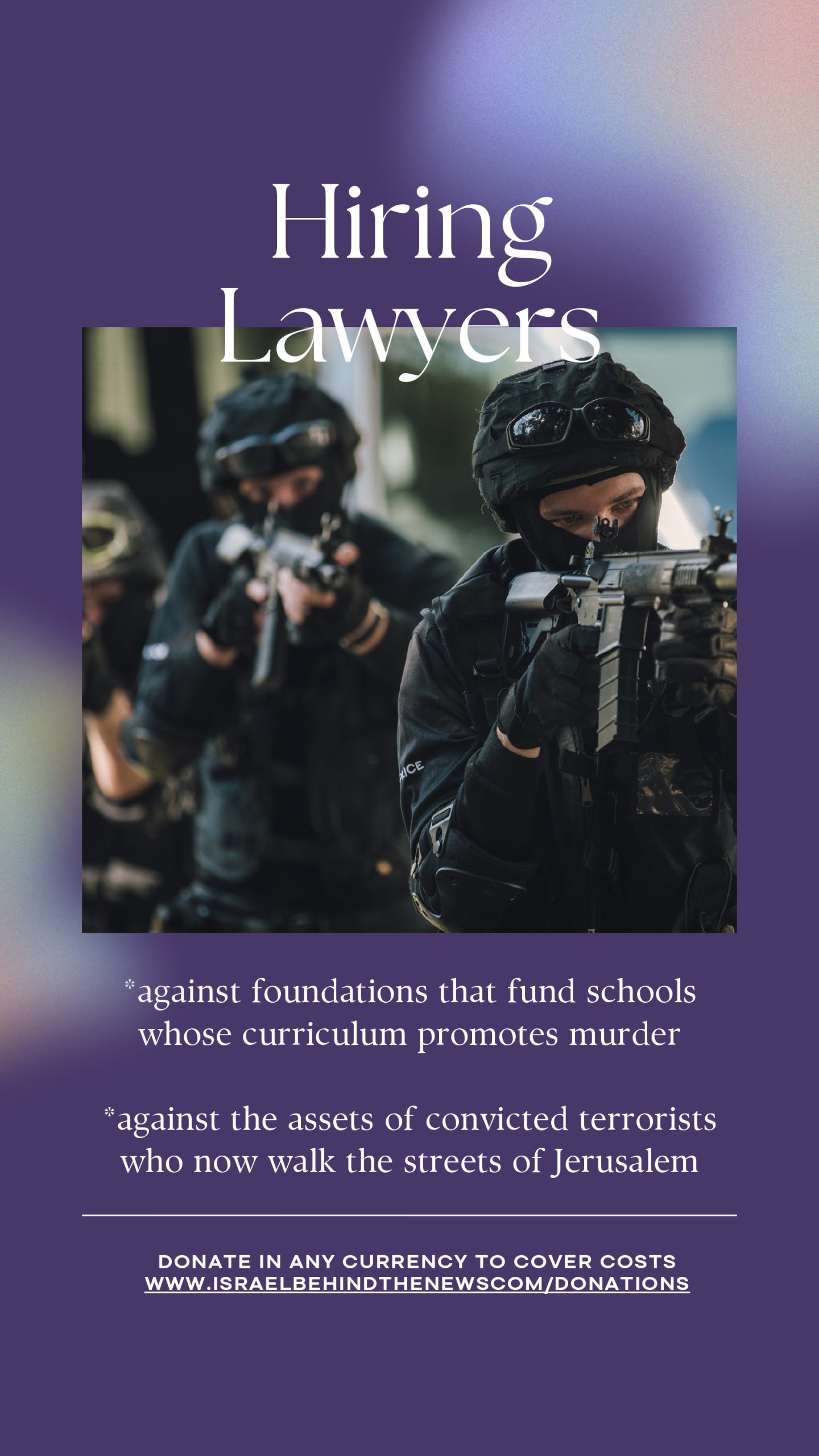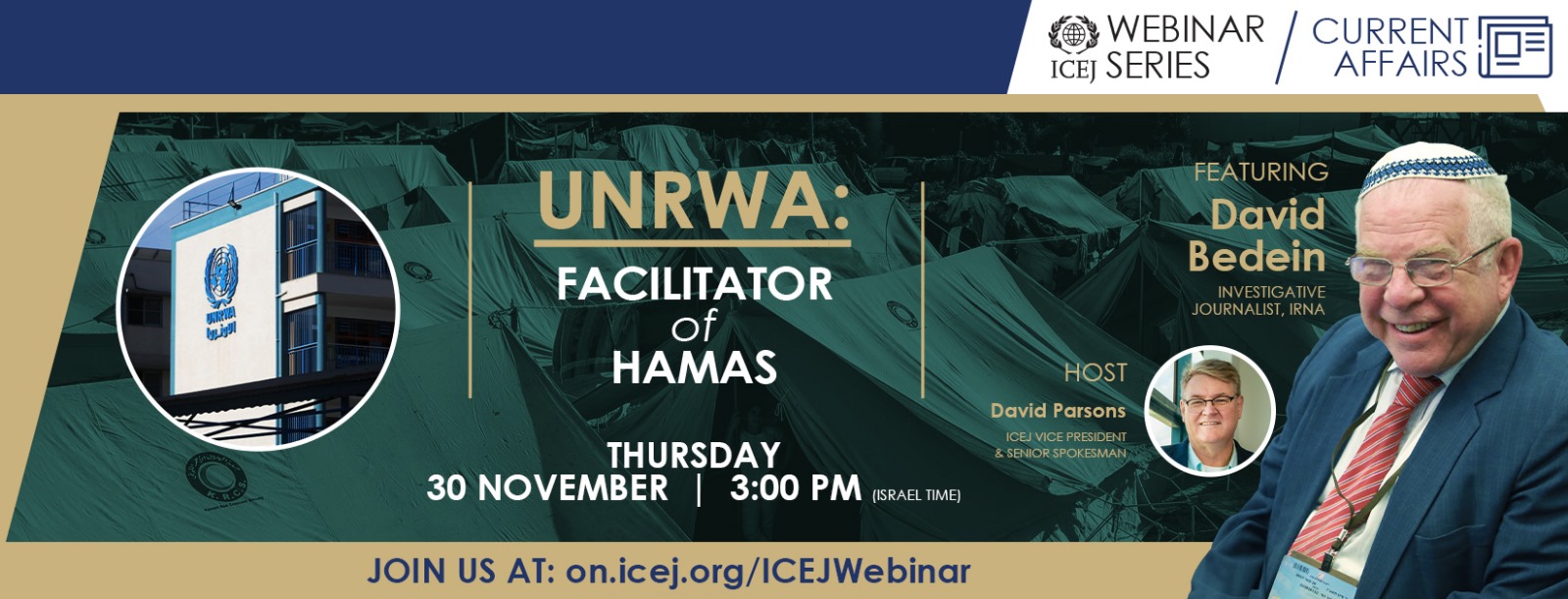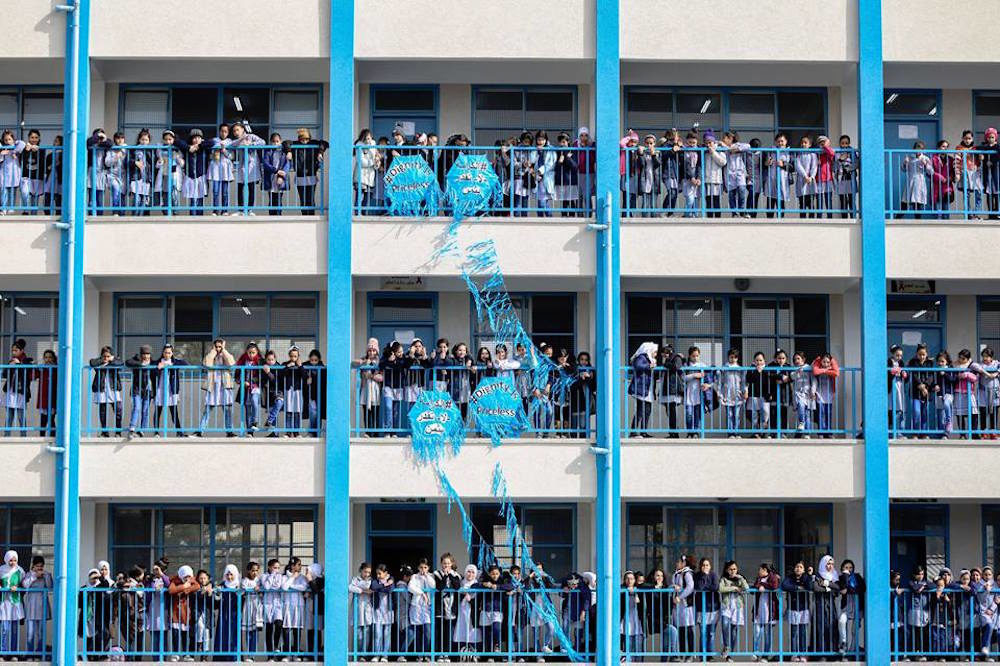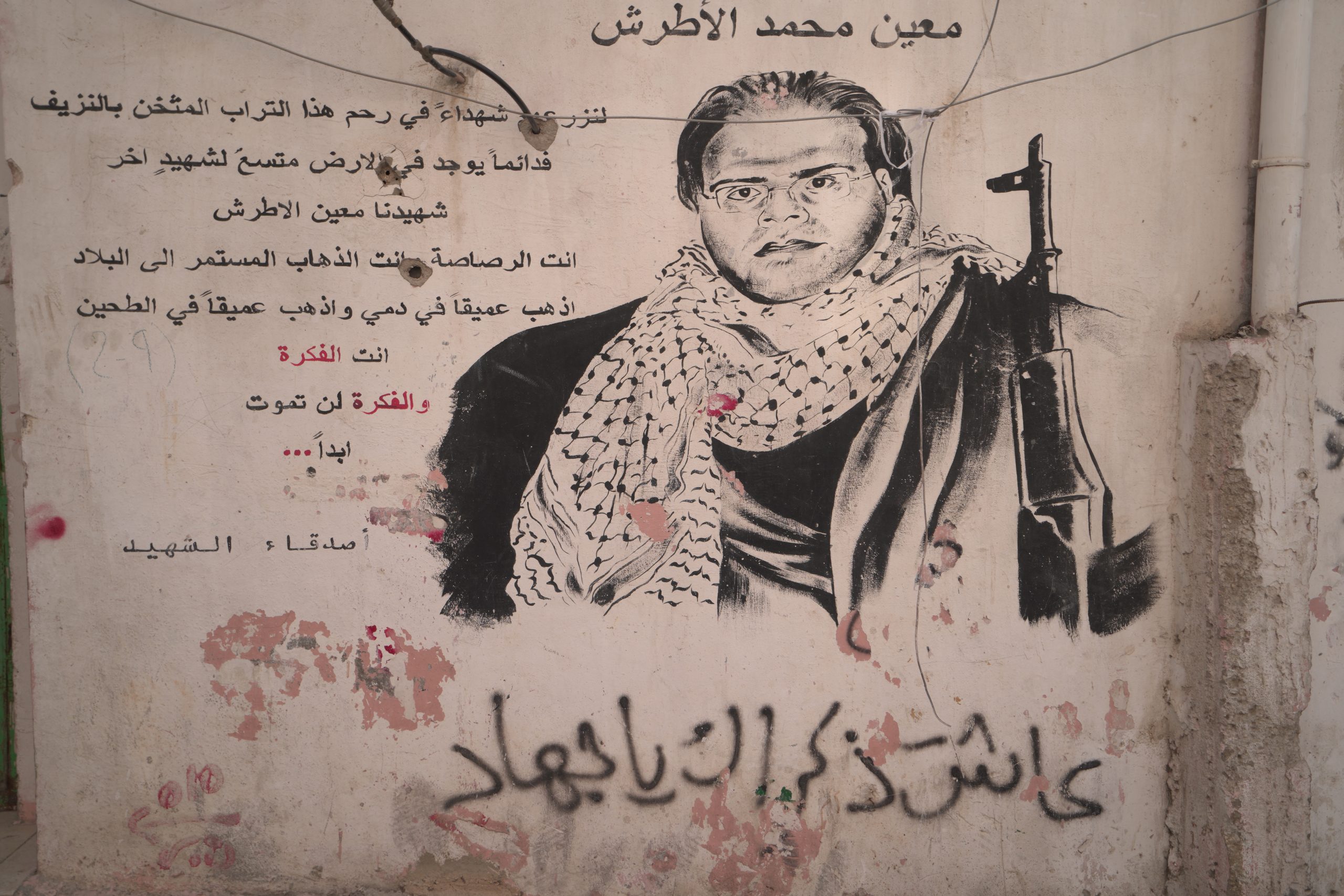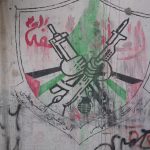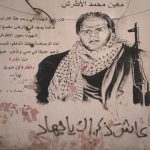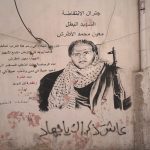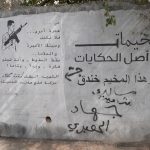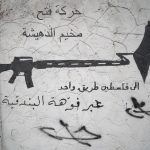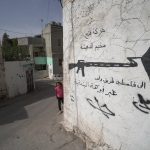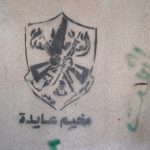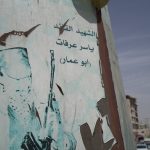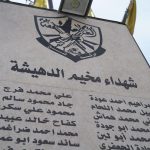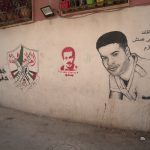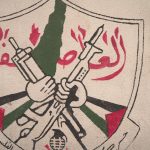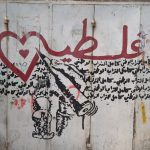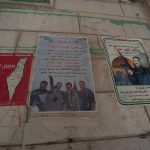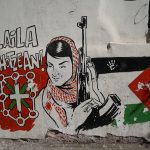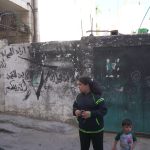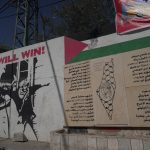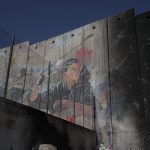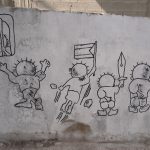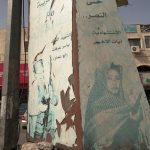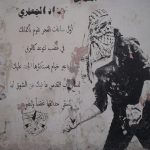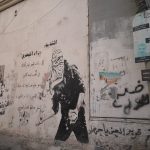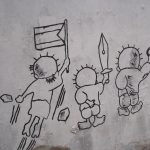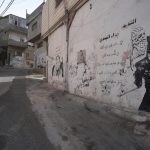פתח דבר
ממשה עד משה
גרמניה היא נושא טעון, בוודאי בישראל. עיסוקם המקצועי של שני מחבריו של החיבור שלהלן מתרכז בנושא זה, בהיסטוריה של גרמניה ובדיון בן־זמננו על היסטוריה זו. הספר שלפניכם הוא פרי של דיאלוג שקיימנו בינינו במשך כשלושת רבעי שנה, מאפריל 2021 ועד ינואר 2022. ניהלנו התכתבות מתמשכת בדוא”ל בקצב משתנה, שהוכתב מצד אחד על ידי אילוצי פעילותנו וחובותינו האחרות ומצד אחר על ידי הרצון הדוחק לברר לעצמנו את מה שהספר הזה מבקש לברר. מה שהספר מבקש לברר יכול להיחשב למעין סיכום (או שמא סיכום ביניים?) של מה שהרבינו לעסוק בו במשך כיובל שנים כאנשי אקדמיה וכאינטלקטואלים ציבוריים: ההיסטוריה רבת־הפנים של גרמניה, היסטוריית הציונות, יחסי הגומלין בין שתי ההיסטוריות על נגזרותיהן: שואת יהודי אירופה, הסכסוך הישראלי־פלסטיני, האנטישמיות וניצולה לצרכים פוליטיים, התרבות הפוליטית הישראלית־ציונית ומקורותיה (הגרמניים) במאה ה־19, ועוד כהנה וכהנה סוגיות ונושאים שעלו מדינמיקת הדיאלוג בינינו. מעט לאחר שנמסר כתב היד לפרסום נפתחה פרשה רלוונטית חדשה – מלחמה באירופה – ומצאנו לנכון להתייחס גם אליה כדי להשלים את הדיאלוג.
ההיגיון שבסיכום בצורת דיאלוג טמון בכך שאנו קרובים בהשקפותינו ההיסטוריות והפוליטיות, אך לא קרובים עד כדי כך שההבדלים והגוונים בעמדותינו, או השוני בקורות חיינו, ימנעו שיחה ערה, לא חדגונית מדי אך גם לא פולמוסית־לשם־הפולמוס. הקוראים יחוו כאן ניסיון כן לרדת לעומקם של דברים על בסיס משותף, לברר ניואנסים בתחומים שהדיון הציבורי נוטה לרוב להתייחס אליהם בחד־ממדיות גסה ולעתים גם בעיוורון מרצון. סביר להניח שתוצאות הדיאלוג שקיימנו אינן משתלבות בקונצנזוס הישראלי, ויהיה מי שיבקש לראות בהן מעין כפירה חילונית בעיקרי האידיאולוגיה הממלכתית ובהגמוניה של מנגנוניה. תגובה אופיינית ברוח “אי־אפשר להשוות” צפויה גם היא. התקבלות כזאת של דברינו לא תהיה חדשה לנו, אנו מורגלים בה, לא רק כאן בארץ אלא גם בגרמניה. ברם, מותר לצפות ששנויים במחלוקת ככל שיהיו הדברים, הדיון שיעוררו יהיה ענייני ככל הניתן.
זה עתה יצא בגרמניה, תחת הכותרת היסטוריונים ציבוריים (Public Historians), קובץ מאמרים על אנשים ועניינים שעמדו בלב דיון ציבורי־היסטורי בגרמניה. דיון מסוג זה הוא תופעה שכיחה שם. דפי הפיליטון בעיתונות המכבדת את עצמה מעידים על כך. הדיאלוג שאנו מספקים משלים את הדיון הפנים־גרמני המאופיין במה שקרוי בלשונם “עיון מרוכז בטבור עצמם” (Nabelschau) – במבט מן החוץ ובפנייה לציבור שאינו גרמני.
נשאלת השאלה אם זו הצורה הראויה לקיים דיון בנושאים כבדי משקל כאלה הכלולים בספר זה. מצד אחד, מובן שכתיבה מחקרית סדורה היורדת לפרטי־פרטים עשויה להניב תוצאה מסודרת ושיטתית יותר, ואולי אף “אחראית” יותר מבחינת ממדי העומק של העיון. ככלות הכול, הגבלנו את עצמנו לשניים־שלושה עמודים לכל היותר לכל אחד מהפרקים־מכתבים שהפקנו במהלך הדיאלוג. מצד אחר, אין ספק שדווקא דינמיקת ה”פינג־פונג” הדיאלוגי שהתחייבנו לו מראש, ללא סדר קפדני, הניבה היבטים וממדי דיון שכל אחד מאתנו לחוד לא היה מסוגל להפיקם, לפחות לא במלוא ההיקף והגיוון שהתקבלו בסופו של דבר. מי שיחוש בצורך לבחון מעבר לכך את הפירות המקובלים של מחקרינו, כלומר הספרים והמאמרים שכתבנו, מוזמן לקרוא בהם (בסוף הספר אף מצורפת רשימת חיבורים שפרסמנו בשפה העברית). אולי יסייע הדבר גם להתגבר סוף־סוף על הבלבול השכיח בין שני ה־משה העוסקים בגרמניה.
בין כך ובין כך – מלאכת הדיאלוג הושלמה וישפטו הקוראים.
משה צוקרמן ומשה צימרמן
אפריל 2022
השילוש: גרמניה־ישראל־פלסטין
צוקרמן, 21.4.2021
הניסיון להכניס את ישראל, גרמניה ופלסטין להקשר היסטורי־פוליטי הומוגני הוא הכרחי כשם שהוא בעייתי. הוא הכרחי משום שלקונסטלציית השילוש אכן שורשים היסטוריים מובהקים שאין להתכחש להם. גרמניה חוללה את שואת יהודי אירופה. הקמת מדינת ישראל (ומכל מקום האצת הקמתה) באה, בין השאר, כתולדה של אירוע היסטורי־עולמי זה, בבחינת מקלט ממלכתי־לאומי לעם היהודי מפני כל פורענות עתידית שתפקוד אותו. אלא שהקמת המדינה כמעשה אמנציפטורי ליהודים התחוללה בד בבד עם אסונו הקולקטיבי של העם הפלסטיני. ואולם יצירת הקשר זה היא גם בעייתית משום שההקשר צופן בחובו את אפשרות האינסטרומנטליזציה האידיאולוגית של היבטיו האסוניים והכפפתם לצרכים הטרונומיים ברורים תוך כדי עריכת השוואות בלתי קבילות ומציאת קשרים סיבתיים מופרכים. כדאי להתעכב, אפוא, על המסדים האידיאולוגיים המרכזיים של קואורדינטות ההקשר של שילוש לא־קדוש זה.
מותר לתהות אם היה זה מובן מאליו שהכתובת לכפרת גרמניה על פשעים שביצעה בעם היהודי תימצא דווקא במדינת ישראל. ככלות הכול, הזוועה התרחשה טרם היווסדה של המדינה, היא התחוללה באתרים גיאוגרפיים רחוקים מטריטוריית המדינה שהוקמה לימים, וקורבנותיה ממילא לא היו אזרחיה, ספק גם אם חלקם הארי ראה עצמו כלל כציוני. ואולם משהגיעו להסכם בעניין זה (הסכמי השילומים משנת 1952), היה ברור לכל הנוגעים בדבר שמדובר בעסקה שהגיונה הושתת על האינטרסים הפרטיקולריים של כל אחד מהצדדים השותפים לה. ארצות הברית הגיבה מיד עם תום מלחמת העולם השנייה על המערך הגיאופוליטי החדש במסגרת מה שכונה עד מהרה “המלחמה הקרה”. היא הייתה זקוקה למעוז איתן במרכז אירופה, שיתייצב אל מול הקומוניזם הסובייטי ההולך ומתפשט. חלקה המערבי של גרמניה המובסת נבחר לשמש כמעוז זה – בחירה מובנת מאליה לאור תוצאות המלחמה וחלוקת גרמניה הכבושה שהכפיפה את חלקה המערבי למרות בעלות הברית. כדי לממש את תוכניתה של ארצות הברית, היה צורך לשלב את גרמניה (המערבית) ב”קהילת העמים”. לצורך זה הופעלו מנגנונים של חינוך־מחדש והליכי דה־נאציפיקציה שהיו אמורים “לטהר” את גרמניה משרידי השפעות הנאציזם על אוכלוסייתה. כמו כן זכתה גרמניה לסיוע כלכלי מסיבי מצד ארצות הברית, שנועד לשקמה מהר ככל הניתן; ואכן, תוכנית מרשל הצליחה עד כדי כך שבתוך פחות מעשור התחולל במערב גרמניה “הנס הכלכלי” שהפך את המדינה ההרוסה לאחת המעצמות החזקות והמשגשגות באירופה. הצמיחה הכלכלית היא שאפשרה גם את מטריאליזציית הכפרה של גרמניה, כפרה שמדינת ישראל, כאמור, שימשה לה כתובת למימושה.
ישראל מצדה מילאה את חלקה בעסקה בכך שהייתה מוכנה להשתלב בה ולקבל את הכסף. היו לכך סיבות טובות: המדינה שזה עתה נוסדה הייתה שרויה במצוקה כלכלית גדולה והייתה זקוקה להון שהוזרם אליה כדי להקים את התשתית לקליטתם של המוני עולים שהחלו להגר אליה. היו מי שהתנגדו לעסקה זו – בין שמטעמים פוליטיים (הקומוניסטים) ובין שמטעמים מוסריים־לאומיים (חירות) – אך בן־גוריון, הראשון שדיבר על “גרמניה האחרת”, הצליח להעביר את העסקה ולהקנות לה תוקף פרלמנטרי כול־ישראלי. איך שלא מסתכלים על ההחלטה שהתקבלה ומומשה – גרמניה וישראל, כל אחת משיקולים תכליתניים משלה, היו מעוניינות בהסכם: זו רצתה לשלם וזו רצתה שישלמו לה. הקורבנות, נספי השואה וניצוליה, הפכו מניה וביה לגורם מפתח בהמרת האשמה ההיסטורית והכפרה עליה לערך חליפין חומרי. הדיבור על זכר הקורבנות התגלה, כבר בשלב מוקדם זה, כאידיאולוגי מעיקרו.
עניין זה מצא את ביטויו הבולט גם בתוככי השיח הישראלי־יהודי – אז, ובמובן ידוע עד היום: מאחר שהאידיאולוגיה הציונית נסמכת על התביעה המוחלטת לשלילת הגלות, חייב קורבן השואה, במעמדו כהתגלמות הסובייקט הגלותי, להיקלט בהוויה הציונית על דרך השלילה, וליתר דיוק, כמי שיש לתבוע ממנו קטגורית את הסרת זהותו (הגלותית). כלפי הנספים כבר לא היה אפשר להפנות דרישה זאת – הם הפכו עד מהרה למסה אדירה של אובייקטים אנונימיים (“שישה מיליון”), מושאיה של טרוניה־האשמה אידיאולוגית צדקנית (“אילו רק התכוננה מדינת ישראל מבעוד מועד”); כלפי הניצולים שהגיעו למדינה החדשה (“מטעמים ציוניים”, כפי שנהוג לטעון) הייתה התביעה ברורה יותר: “חסלו את הזהות שהבאתם ‘משם’ – אמצו את זהות ‘היהודי החדש'”.
חלק לא מבוטל מהניצולים אכן עשה זאת, כלומר היה ציוני במשך היום – וניצול “משם” בלילות. לפעמים נכנעה הציונות ל”משם”; לפעמים הודחק ה”משם” לטובת הציונות; היו גם מקרים של חוסר יכולת מוחלט ליישב את הוויית החיים כאן עם המציאות הפסיכולוגית של זכר ה”שם”. גורל החיים של הניצולים כסובייקטים לא היה אחיד, כשם שזהויותיהם של הנספים, בעודם בחיים, היו שונות ומגוונות. אלא שתובנה בסיסית זו לא הייתה מעניינה של הספֵרה הציבורית ההולכת ומתהווה במדינה החדשה – הוויית הקורבן נגדה את הצרכים האידיאולוגיים־ממלכתיים שלה. המדינה הציבה, אפוא, תביעה אידיאולוגית במהותה: לייבא את הקורבן מבלי להידרש להתעמתות עם מציאותו המסוימת כסובייקט־שריד של הוויית חוסר אונים מוחלט (לא כל שכן לקבלת המציאות הזאת). במקרה הטוב השתררה שתיקה, אי־דיבור מודע, בין הסובייקט הנושא את מה־שאינו־נתפס לבין הסובייקט הנושא את חוסר הרצון לתפוס; במקרה החמור – והרווח! – התחוללו חפצון של הקורבן והכפפתו השיטתית של “הקורבן” לצורכי צידוקה של האידיאולוגיה הציונית.
זכר השואה ברמה הציבורית־ממלכתית הישראלית התגבש מלכתחילה כמעשה אינסטרומנטליזציה של מה־שאירע־שם לצרכים הטרונומיים לו. השואה נעשתה “שואה” והוכפפה ככזאת לעקרון החליפין – ככל שהלכה ותפחה אידיאולוגיית ייחודיותה, כך הלכה ונעשתה בת־המרה יותר ויותר: המרה חומרית מבחינה כלכלית־מסחרית, המרה אידיאולוגית מבחינה פוליטית־דיפלומטית, המרה מנטלית מבחינה צבאית־ביטחונית, המרה רטורית מבחינת שגרת היומיום. אכן, בישראל – דווקא בה – הפכה השואה לפיסת חרושת תרבות. ציווי ה”זכור!” היהודי הקמאי הפך לאזכור אינפלציוני, פרקטיקה של אי־זכירה על דרך הרוּטיניזציה הפֶטישיסטית של הזיכרון – מימושו המצמרר של ה”אי־זכור”.
אלא שזה רק צד אחד של שיח הקורבנוּת הישראלי. מדינת ישראל קמה, כאמור, מתוך אסונו של העם היהודי, אך היא עצמה קרבנה, בתהליך הקמתה, את העם הפלסטיני. ואולם חמורים ועמוקים ככל שהיו ממדי הסבל הפלסטיני, אין להשוותם לשבר הציוויליזציוני שהתחולל באושוויץ. בכל זאת, לא בכדי רואים עצמם רבים מהפלסטינים עד היום כ”קורבנות הקורבנות”. יש גרעין של אמת בקידוד פלסטיני זה של הסכסוך, ואסור להתכחש לכך. אולם לאור העובדה שהשואה כאסונם של היהודים מודרת כמעט כליל מהשיח הפלסטיני במישוריו השונים (יוצאי דופן בעניין זה היו אדוארד סעיד ועזמי בשארה), ההתייחסות לקורבנות (היהודים) כאל מקרבנים מצטיירת כאידיאולוגית מעיקרה, כלומר כעושה שימוש הטרונומי בקטגוריית הקורבנות – לפחות ככל שהדברים אמורים בקורבנות היהודים. אפשר להבין זאת: וכי כיצד ניתן לצפות להזדהות אמפתית עם הסבל (ההיסטורי) של מי שהוא גורם הסבל שלך (בהווה)? הבעיה מתחילה בהשוואה: אין צורך לגייס את אושוויץ כדי להזדעזע ממה שמחוללים ישראלים בשטחים הכבושים, ממידת הברבריות שהם מפגינים ומהיסודות הקלגסיים לפרקים בהתנהגותם ככובשים. אך משעה שנעשית ההשוואה (כפי שהיא אכן נעשית לפעמים בידי פלסטינים), היא מעוותת את ההקשרים ההיסטוריים שהולידו את הקורבנות ככאלה. עיוות זה שגוי מעיקרו. לא זו בלבד שההשוואה אינה תקפה מבחינת ההתרחשויות ההיסטוריות – זוועתית ככל שתהא הוויית הכיבוש הישראלי בשטחים, הישראלים אינם עוסקים בהשמדה תעשייתית, מתוכננת אדמיניסטרטיבית ומאורגנת בירוקרטית של העם הפלסטיני – היא גם מחמיצה את המטרה: כל השוואה מעין זו מעתיקה באחת את הדיון מתחום העניין עצמו לתחומי ההתרעמות על עצם ההשוואה וההתקוממות הפולמוסית נגדה; הסבל הפלסטיני אינו נדון עוד, ואילו “הצד הישראלי” מופיע שוב כ”קורבן” (מעצם ההשוואה).
ואולם מעבר להיבט הפוליטי הצרוף, מעשה ההשוואה צופן בחובו ממד מחפיר של זילות מושג הקורבן: מאחר שכל זכירת עבר מכילה בהכרח גם יסוד אינסטרומנטלי מעצם הכפפת העבר לצרכיו, מאווייו והתכוונויותיו של ההווה, הבעיה אינה בפונקציונליזציה התכליתנית של העבר, אלא בכוונה העומדת מאחוריה. ה”תחרות” על מעמד הקורבנוּת, המגולמת בהשוואה לקורבנותם של אחרים, מכפישה את זכרם של הקורבנות ההיסטוריים וקורבנות ההווה כאחד, משום שהיא אינה עוסקת בקורבנות במעמדם ככאלה (ובמעמדם של הפושעים ככאלה), אלא בכימות מופרך של הסבל לטובת איזו “צדקת דרך”, וחמור מכך – לצידוק מדיניות אידיאולוגית של יצירת עוד ועוד קורבנות. דבר לא בוגד בקורבנות ככאלה יותר מאשר גיוס זכרם כאפולוגטיקה של הוויה דכאנית מקרבנת.
במובן זה הבעיה בקונסטלציית השילוש ישראל־גרמניה־פלסטין מתבטאת בראש ובראשונה בכך שחרף העובדה שהיא ספוגה במנטליות רווית פתוס של “זיכרון”, היא נמנעת, בחשבון אחרון, מזכירת הקורבנות במעמדם כקורבנות: ישראלים ופלסטינים מתכחשים, אלו גם אלו, לקורבנותיו ההיסטוריים והעכשוויים של הקולקטיב האחר, והזיכרון הגרמני, ככל שהוא מתייחס לשני הקולקטיבים הללו, שבוי בדינמיקה ההטרונומית שפיתחו ביניהם.
צימרמן, 28.4.2021
מבין שני הנושאים הגדולים שבהם פתחת – “השילוש הקדוש” והאינסטרומנטליזציה של השואה – אבחר להתחיל בראשון. השניים אכן כרוכים זה בזה, אבל אני מעדיף להפריד לצורך הדיון.
כבר ברומן אלטנוילנד של הרצל מסתבר שאינך יכול לדבר רק במונחים של “אנחנו היהודים” מול “הם הגרמנים (או האירופאים)” ולהפך בלי לחבר צלע נוספת למשולש – את תושבי הארץ הערבים. הדיון בין יהודים וגרמנים, או מוטב: בין ציונים וגרמנים, לווה מתחילתו בהשלמה המתבקשת – ההתייחסות לאוכלוסייה הערבית במה שקרוי המזרח הקרוב. זה היה מפתיע לולא היה כן: גרמניה, מדינה בעלת שאיפות קולוניאליות, מעצמה עולמית שתמכה באימפריה העות’מנית שהייתה בעלת הברית במזרח התיכון, לא חשבה על הפתרון הציוני ל”בעיה היהודית” מחוץ למסגור הזה. ולא מדובר רק במה שחשבו בסביבת הקייזר או במשרד החוץ בווילהלמשטראסה,2 אלא גם במה שהיה מקובל על הציבור הרחב. לא רק תאודור הרצל, שרצה לפתור את בעיית האנטישמיות בדרך של הוצאת היהודים מאירופה וריכוזם בטריטוריה משלהם, ידע שארץ ישראל מיושבת בערבים, אלא גם וילהלם מאר (Marr), האיש שהמציא את התנועה האנטישמית, כאשר התוודע בערוב ימיו להקמת התנועה הציונית. כשהתבקשה גרמניה לתמוך בתנועה הציונית, היא ידעה להתחשב לא רק בקיום האימפריה העות’מנית אלא גם באוכלוסייה הערבית, וניסתה למצוא את שיווי המשקל המיטבי. כך היה גם לאחר שוויתרה על הקולוניות ועל היומרה הקולוניאלית בתום מלחמת העולם הראשונה, וכך היה גם בתקופת הרייך השלישי: בצורה נחרצת עוד יותר מאשר בימי הרייך הקיסרי תמך המשטר הנאצי במפעל הציוני, כלומר בפתרון “בעיית היהודים” באמצעות הגירה של יהודים לפלשתינה, תוך כדי ניסיון שלא לפגוע באוכלוסייה הערבית בכל האזור, שעמו ביקש הרייך לשתף פעולה נגד האימפריות הדמוקרטיות. על המסורת הזאת נבנתה גם המערכת המשולשת לאחר מפלת הרייך השלישי והקמת שתי הגרמניות. מערב גרמניה תומכת במפעל הציוני, כעת בתור פיצוי על רדיפת יהודי אירופה, ויחד עם זאת שומרת על האינטרסים בעולם הערבי המתייצב לצד הערבים הפלסטינים. רוצה לומר: מן העבר ועד ימינו מדובר במשולש שתלותו בשואה היא חלקית ומאוחרת. מבחינה זו גרמניה מצטרפת לדוגמאות אחרות של משולש שבו הצלע האחת היא המעצמה האירופית של עידן האימפריאליזם, האחרת – התנועה הציונית וישראל, והשלישית – העולם הערבי, ובכלל זאת פלשתינה. התגובה הערבית והפלסטינית הייתה מלכתחילה חד־משמעית, גם בלי השואה: מדוע אנחנו צריכים להיות הקורבנות של עימות אירופי בין יהודים ולא־יהודים? הסיפור ממוסגר אפוא עבור ההיסטוריון תחת הכותרת “קולוניאליזם אירופי ופוסט־קולוניאליזם” עוד לפני שהגענו למסגור תחת הכותרת “קטסטרופה ושואה”.
גם מרכיב הקורבנות במשולש קודם לשואה. ברור: היהודים הם קורבנות האנטישמיות, ואולי גם של הצורך להגדיר את עצמם מחדש בתור אומה בעולם של אומות. התוצאה מדברת בעד עצמה – ההגירה, ועל אחת כמה וכמה הרדיפות והרצח, מעידים שהיהודים היו קורבנות במערכה זו. יחד עם זאת התקיימה בקרב גרמנים, כמו בקרב אירופים אחרים, נטייה (פרי דעה קדומה) לראות בעצמם קורבנות של “שתלטנות יהודית”, של איום קיומי מצד היהודים. מבחינת מודעותם היו צעדיהם נגד היהודים תגובה קורבנית על עוולה יהודית. הם העדיפו להעתיק את ה”בעיה” למקום אחר, למקום שבו קורבנות העוולה היהודית לכאורה לא יהיו אירופאים. התמיכה בציונות משמעה לפי שיטה זו העתקת מקום המקרבן למזרח התיכון. ובכל זאת היו ששאלו את השאלה אם נכון לגלגל את הקורבנות אל האוכלוסייה הערבית. כבר וילהלם מאר לא היה סבור שמותר לאירופאים להפוך את הערבים לקורבנות, וגם הרייך השלישי הגיע בסופו של חשבון מסיבותיו הוא למסקנה שהופכים את הקבוצה הלא נכונה לקורבן.
לאחר השואה הדיון בנושא הקורבנות הוא גלוי: החברה הגרמנית (גם במזרח גרמניה) מדברת על הפלסטינים בחזקת “קורבנות של הקורבנות”. אם בעבר סברו רבים שהיהודים הם המקרבנים וכל האחרים הם הקורבנות, הרי שלאחר השואה התקבלה בדרך כלל המסקנה שהיהודים הם הם הקורבנות, לא הגרמנים או האירופאים. אבל הצלע השלישית במשולש נשארה חלק מהשיח: הערבים כקורבנות של היהודים. עם זאת, השיח הישן לא השתנה כל כולו: האנטישמים (ובכך הם יכלו לקבל תמיכה מהציונים) עדיין טענו שהם הקורבנות האמיתיים – זו הנחת עבודה שהנאצים שכללו אותה עד קצה. לא היה צעד אחד של הרייך השלישי נגד יהודים שלא היה בנוי על ההנחה שהגרמנים, האירופאים, האנשים הלא יהודים, רק מגיבים על הפרובוקציה היהודית, הם הקורבנות. לאחר השואה לא הייתה לגישה האנטישמית הזאת תמיכה רחבה, והיא הוחלפה בטענה שבעזרתה עדיין אפשר לגלגל אשמה על היהודים, על ידי הפיכתם למקרבנים ואת הפלסטינים לקורבנות. הקושי הגדול בדיון נובע מכך שהפלסטינים הם אכן במידה ניכרת קורבנות של הציונות, אבל המקרבנים החדשים, המדינה היהודית הציונית, מוצאים לעצמם צידוק על ידי ניכוס הקורבנוּת היהודית ההיסטורית, שעה שהקורבנות האמיתיים של אז הם אפר מפוזר על אדמת אירופה. והנה הגענו לנושא האינסטרומנטליזציה של השואה, שאליו אתייחס בנפרד.
לסיכום: מיקום הדיון ב”שילוש הקדוש” מעוגן היטב גם במסגרת השיח הפוסט־קולוניאלי או תחרות הקורבנוּת, עם או בלי השואה. וכשאני אומר זאת, איני מתכוון “להכפיף” את השואה לשיח בנושא רציחות־עם קולוניאליות על פי האופנה שצצה לאחרונה.
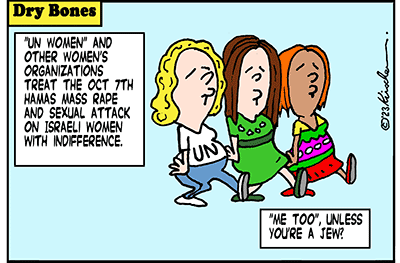





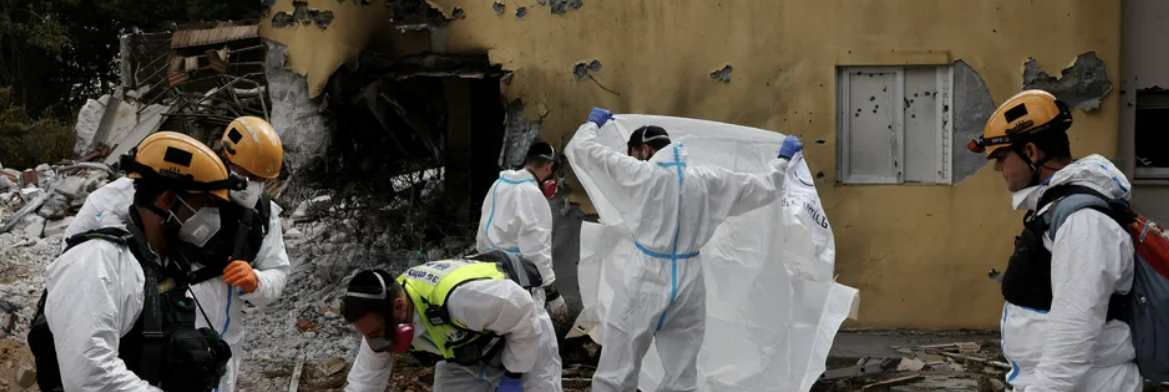
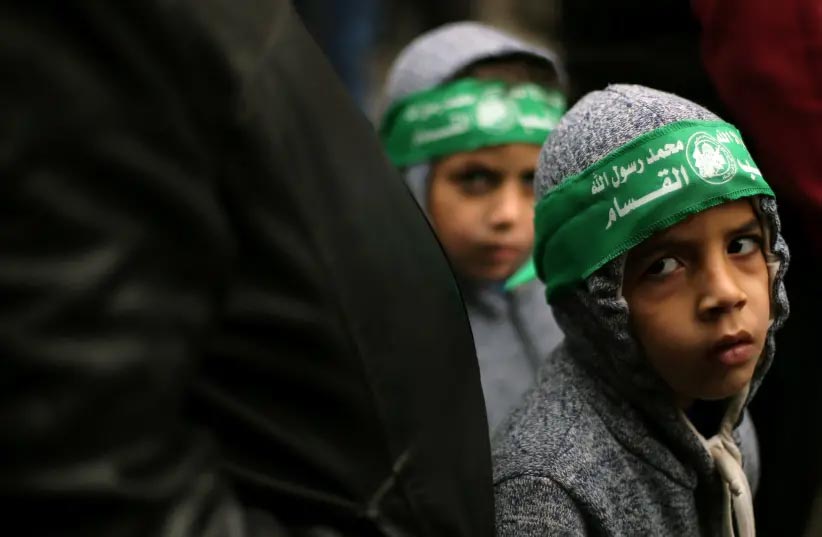

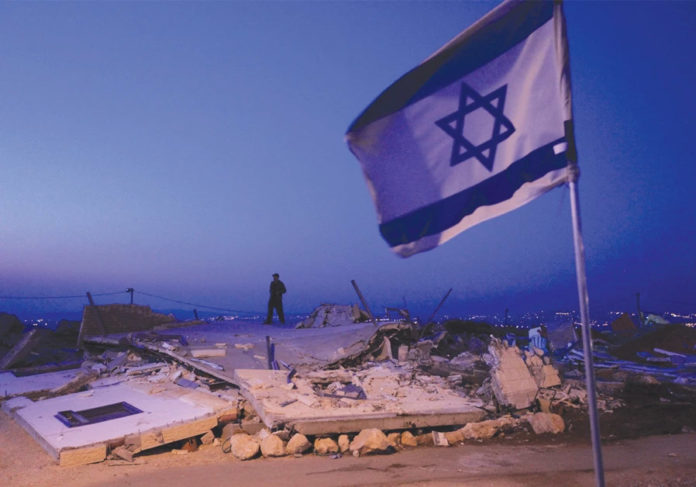
 / internationaldiezeitschrift
/ internationaldiezeitschrift 